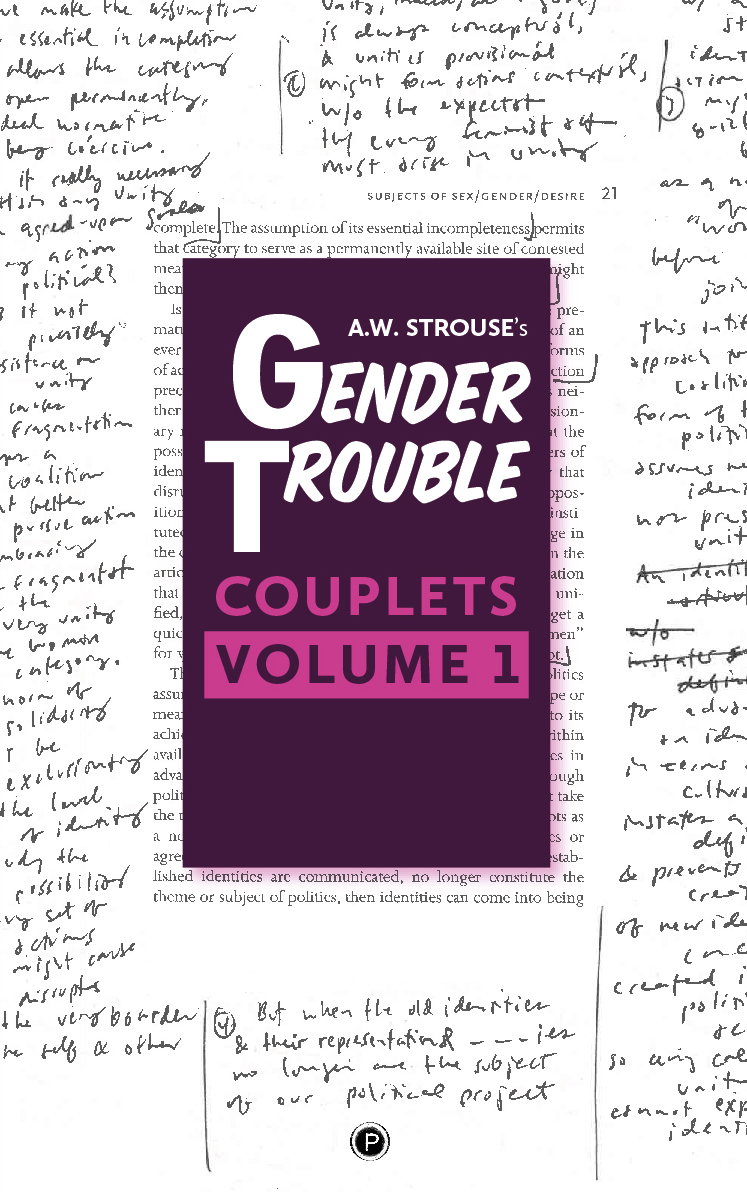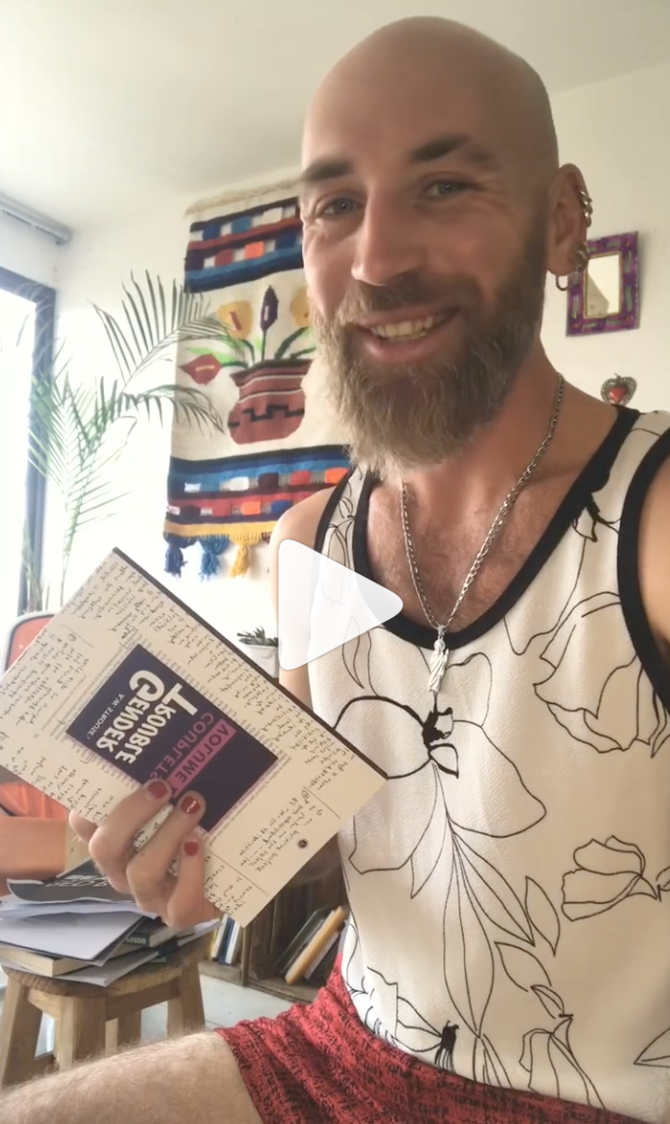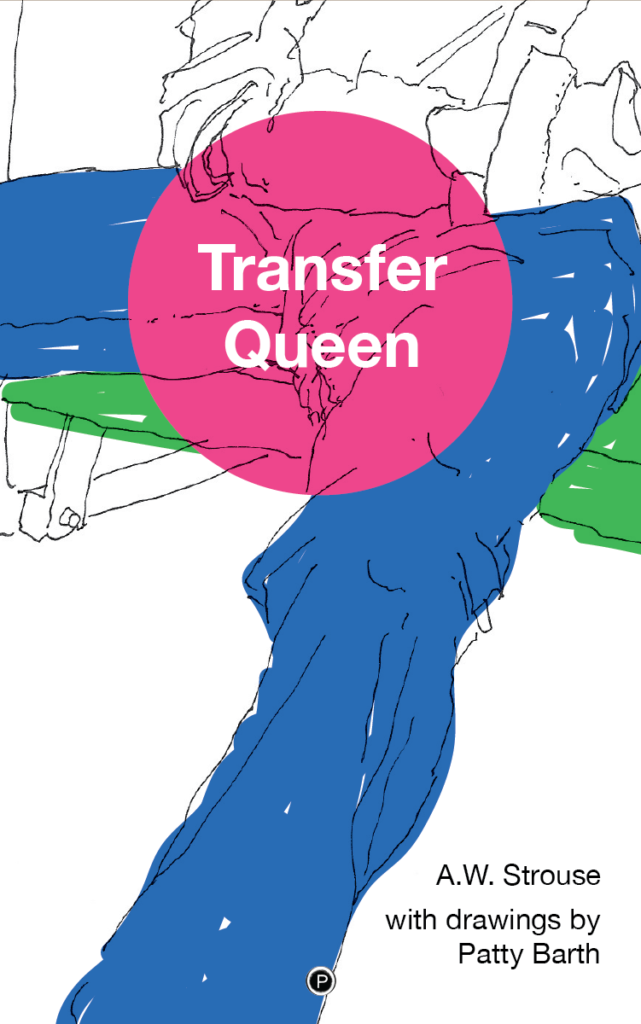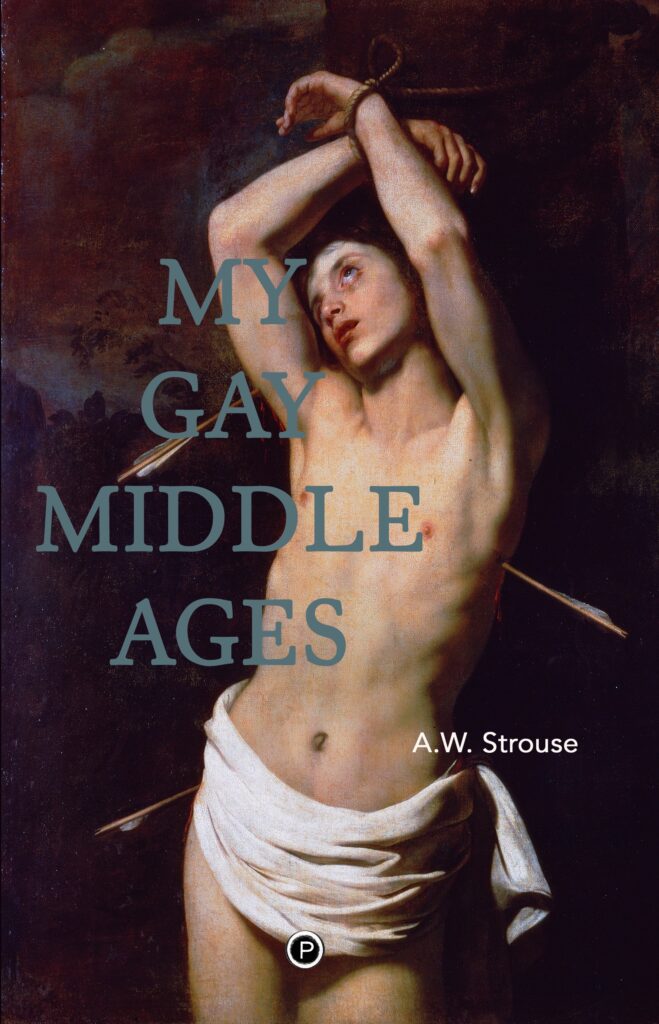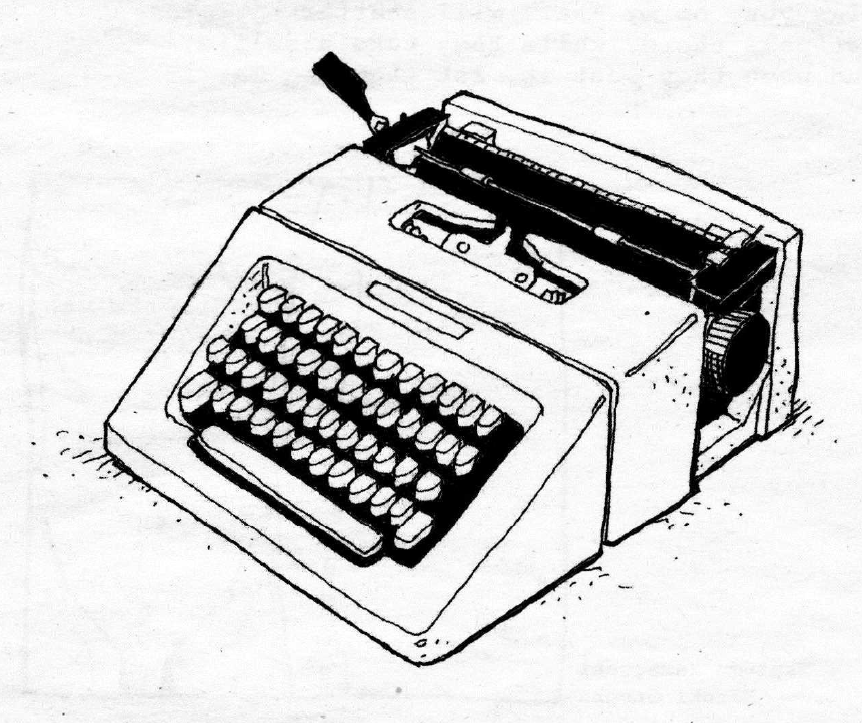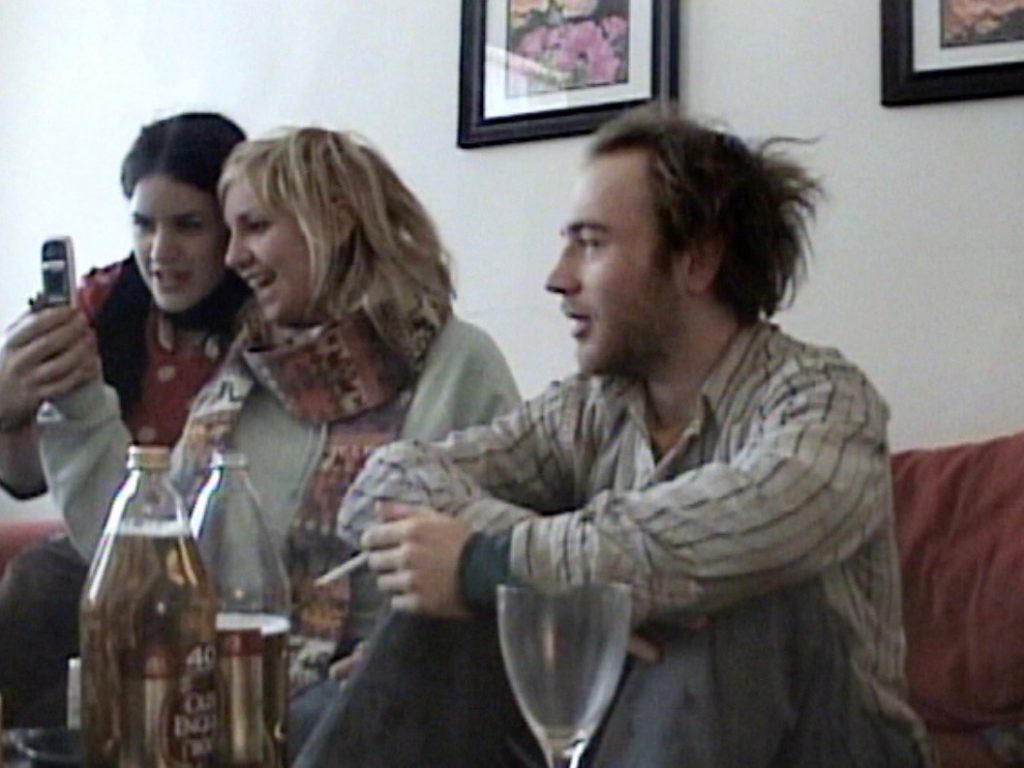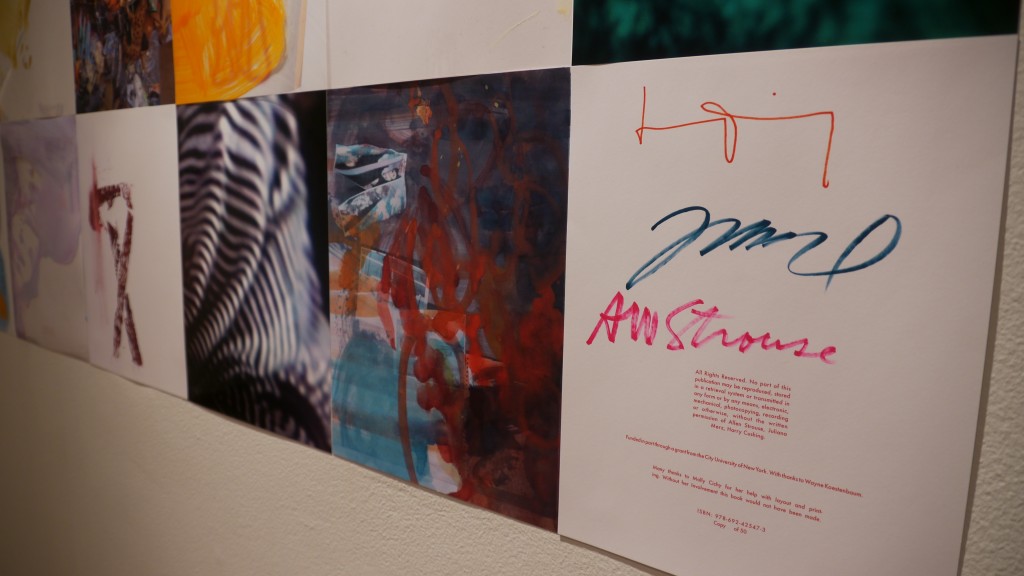Welcome to my website!
I love to write about zany subjects — like foreskins in the poetry of the Middle Ages, and gay sex on the subway in Mexico City.
I also love to teach topics like queer theory, historical linguistics, poetry, and theology.
On this site, you’ll find links to my books and essays.
Follow me on Instagram!
My Latest Book
Form and Foreskin: Medieval Narratives of Circumcision
Why did Saint Augustine ask God to “circumcise” his lips? And why did Ezra Pound claim that he had incubated The Waste Land inside of his uncut member? In this little book, A.W. Strouse excavates a secret poetics of the foreskin. 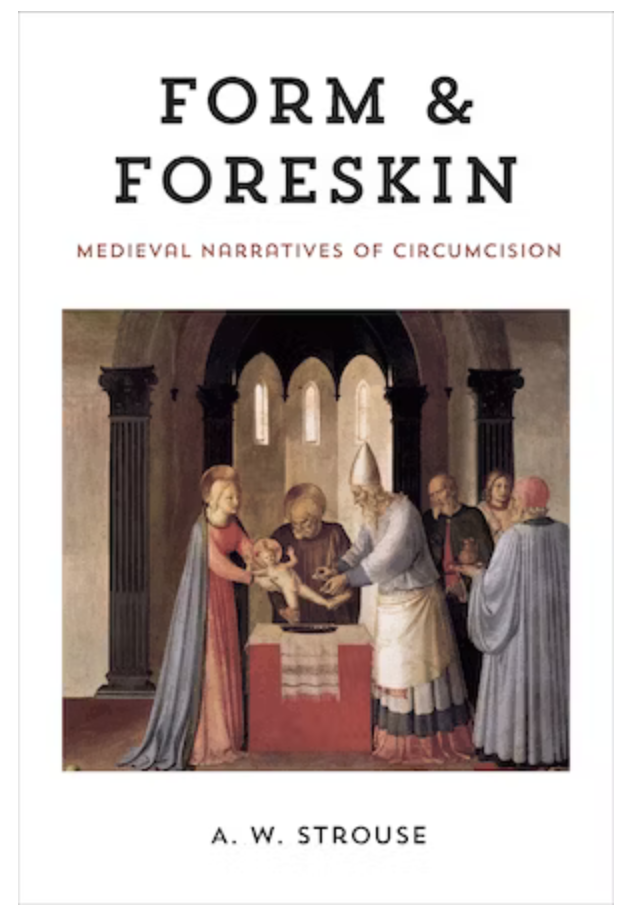
“Form and Foreskin is accessible, fun, and provocative. Strouse’s linked, essay-like chapters engage wonderfully odd stories and include many incisive new analyses,”—Adrienne Williams Boyarin, University of Victoria.
Gender Trouble Couplets, Vol. 1
Published in November 2019 by punctum books. You can order it here.
I discuss the book in this vid:
